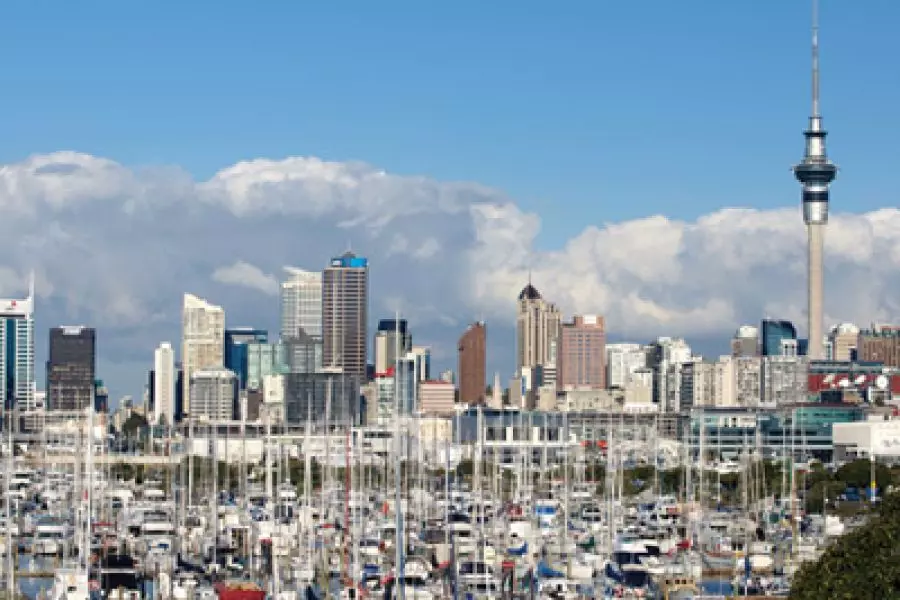News
No quick fix for affordability issue

Monday 25th of January 2016
The annual Demographia International Housing Affordability Survey has rated Auckland as the fourth least affordable city in the world - equal with Melbourne and San Jose.
Auckland has moved up the rankings from its 9th place last year due to its rapid rise in prices and moderate growth in income.
According to the report, Auckland’s median house price is $748,700 a...
Want to read the full article?
Click the button below to subscribe and will have unlimited access to full article and all other articles on the site.






![[The Wrap] Bye Bye Bayly](https://goodreturns.publit.io/file/c_fill,w_900,h_600/39f23ac1-f7c7-4854-b700-a150004ebbac.webp)


